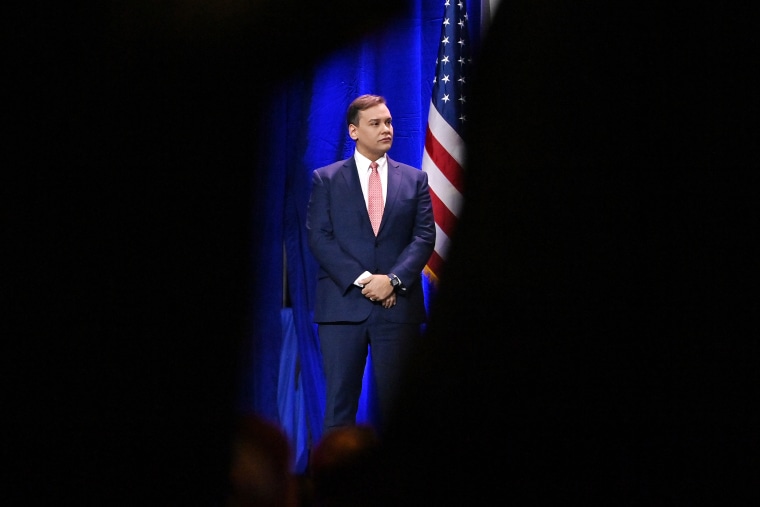Rep.-elect George Santos, a New York Republican, has admitted to lying about his work experience and education, falsely claiming a degree from Baruch College and jobs at Citigroup and Goldman Sachs. After The New York Times raised questions about Santos’ connections to these institutions, Santos on Monday admitted to “embellishing my resume.”
Many more lies have been unearthed since, ranging from Santos’ dubious statement that his mother died on 9/11 to claiming that he was “a proud American Jew” despite being raised as a practicing Catholic.
If Santos was as loose with disclosing his finances on campaign forms as he has been in public about his personal history, a federal indictment will be the likely result.
It’s not surprising to see that federal prosecutors, state prosecutors and New York’s attorney general are reportedly looking into Santos’ deception, and much of the public likely wants to see Santos punished for his duplicity. Yet despite the brazenness and provable nature of Santos’ lies, no one should believe that an indictment is guaranteed. Lying to the public, as Santos has, may be despicable and indefensible, but it is not a crime.
What prosecutors consider a crime has little to do with the biography he posted on his campaign website and the controversial tweets and interviews he gave. Instead, an indictment will likely depend on the content of personal and campaign-related financial documents that he, like all candidates for federal office, are required to submit.
To be sure, if Santos is charged, all his lies will matter. The truthfulness of the accused can become relevant at various stages of a criminal case. Santos’ lies could be a goldmine for establishing intent and impeaching him on cross-examination at trial, and, if he is convicted, enhancing his punishment at sentencing. Even before Santos has been charged, his falsehoods have already apparently led two prosecutors’ offices and the chief legal officer of New York to comb through his finances. If Santos was as loose with disclosing his finances on campaign forms as he has been in public about his personal history, a federal indictment will be the likely result.
For a federal investigation, Santos’ House financial disclosure statements and quarterly Federal Election Commission reports are the most likely to lead prosecutors to consider charging him. The former is an annual form that documents a candidate’s personal finances, while the latter details a campaign’s receipts and expenditures. Lying about the circumstances of his mother’s death may seem more outrageous, but misrepresentations or omissions in these documents could land him in prison.
Financial disclosure statements are mandated by federal statute, which, in one provision, outlines the potential penalties for false statements, including up to a year in prison. Notably, Santos disclosed a salary of $55,000 in 2020 during a prior run for Congress but listed no assets. Then, in the 2022 cycle, he reported a salary of $750,000, an apartment in Rio de Janeiro worth up to $1 million and millions more in dividends and bank accounts.
That disparity will not go unnoticed by prosecutors. It would be surprising if grand jury subpoenas have not yet been issued to run down the sources of Santos’ supposed wealth (or lies about it). And someone working with the FBI may have already checked out that Brazilian apartment.
Santos’ FEC filings could also prove damaging. Federal law requires the reporting of all campaign contributions and expenditures exceeding $200, a requirement designed, in part, to prevent illegal contributions — that is, contributions from unlawful sources or in excess of campaign finance limits. Violating that statute could result in an even harsher penalty of five years in prison.
Federal prosecutors recently drew on that law to charge a former California congressman with crimes related to the falsification of his FEC filings, in part to conceal illegal donations. In Santos’ case, serious questions have already been raised about the source of a $700,000 personal loan from Santos to his campaign.
If there is a case to be made against Santos, it’s most likely that the Justice Department would bring it rather than a state prosecutor. Santos was a federal candidate who completed federal forms that expose him to federal penalties. And there are no obvious state violations or other punishments coming for Santos unless state investigators uncover new facts.
State or federal, no prosecution is guaranteed — but the fact that a little known congressman-elect has quickly attracted national attention and the scrutiny of so many legal arms of the government should dissuade other candidates from lying to the public. If warranted, a federal conviction would send an even stronger message.
